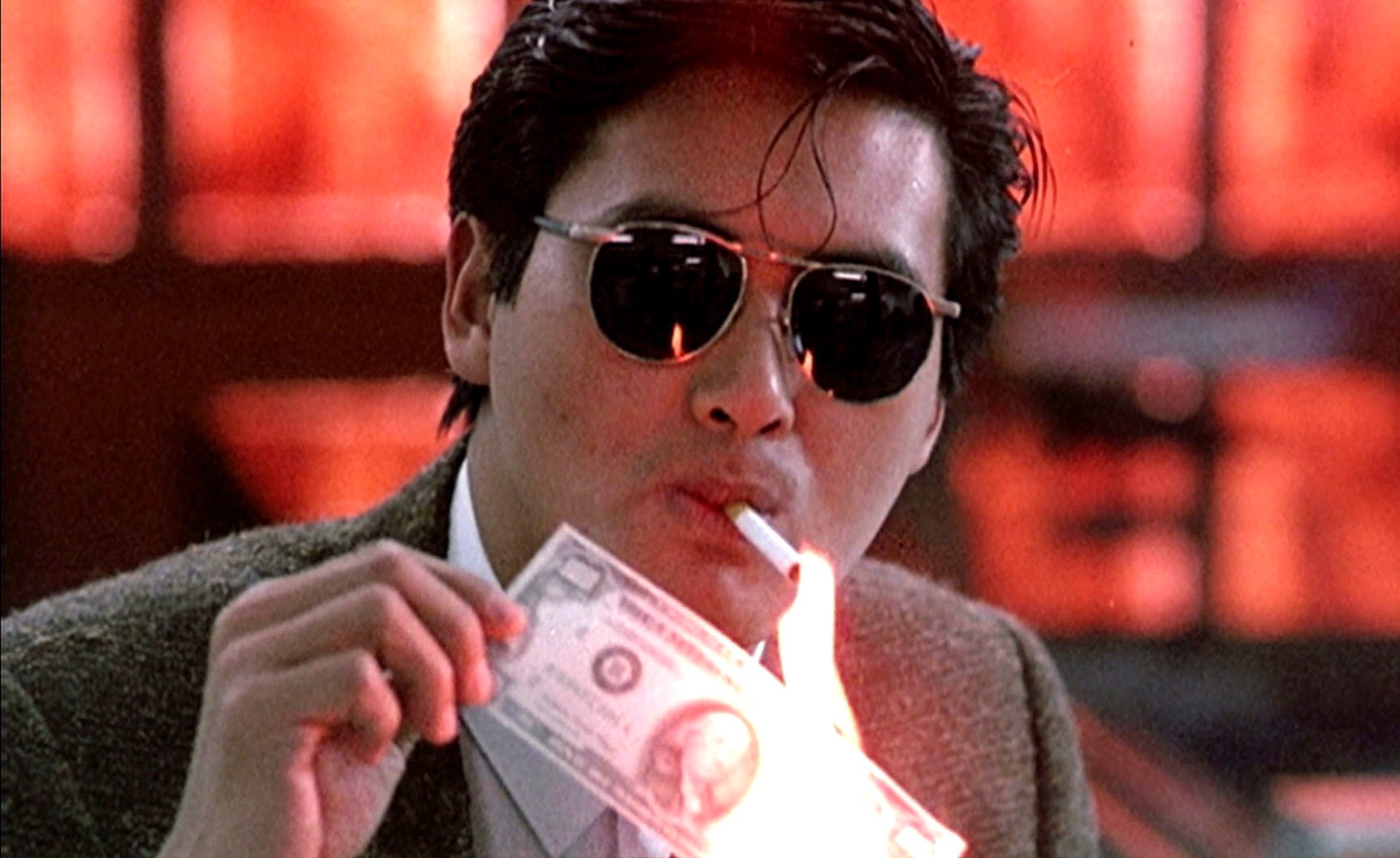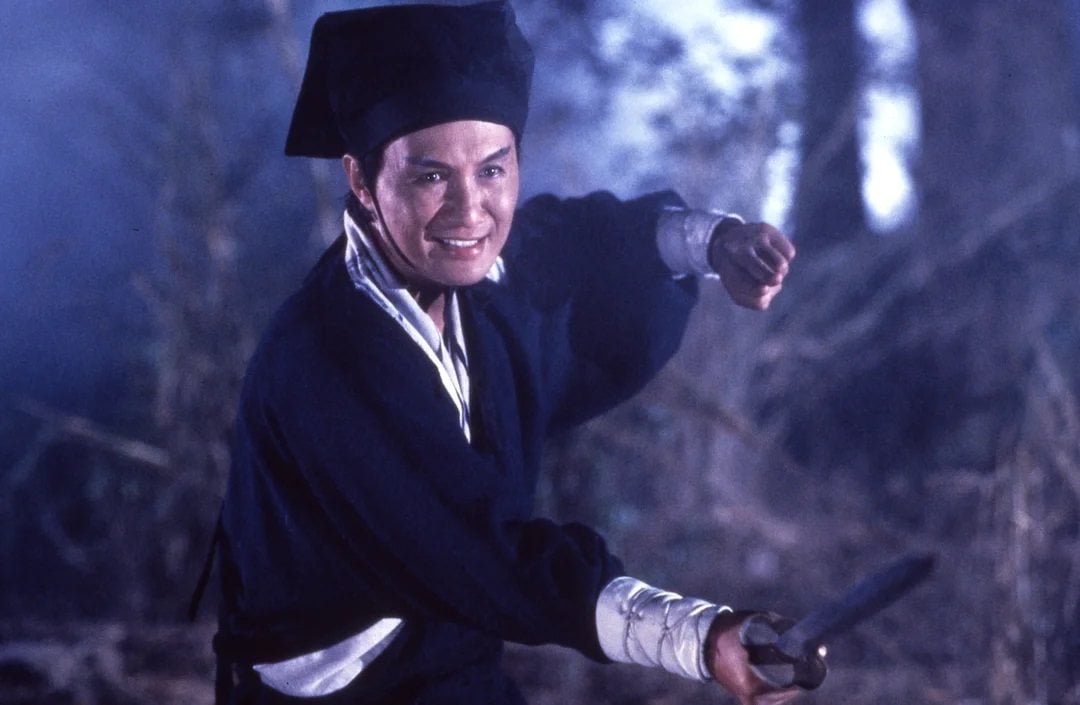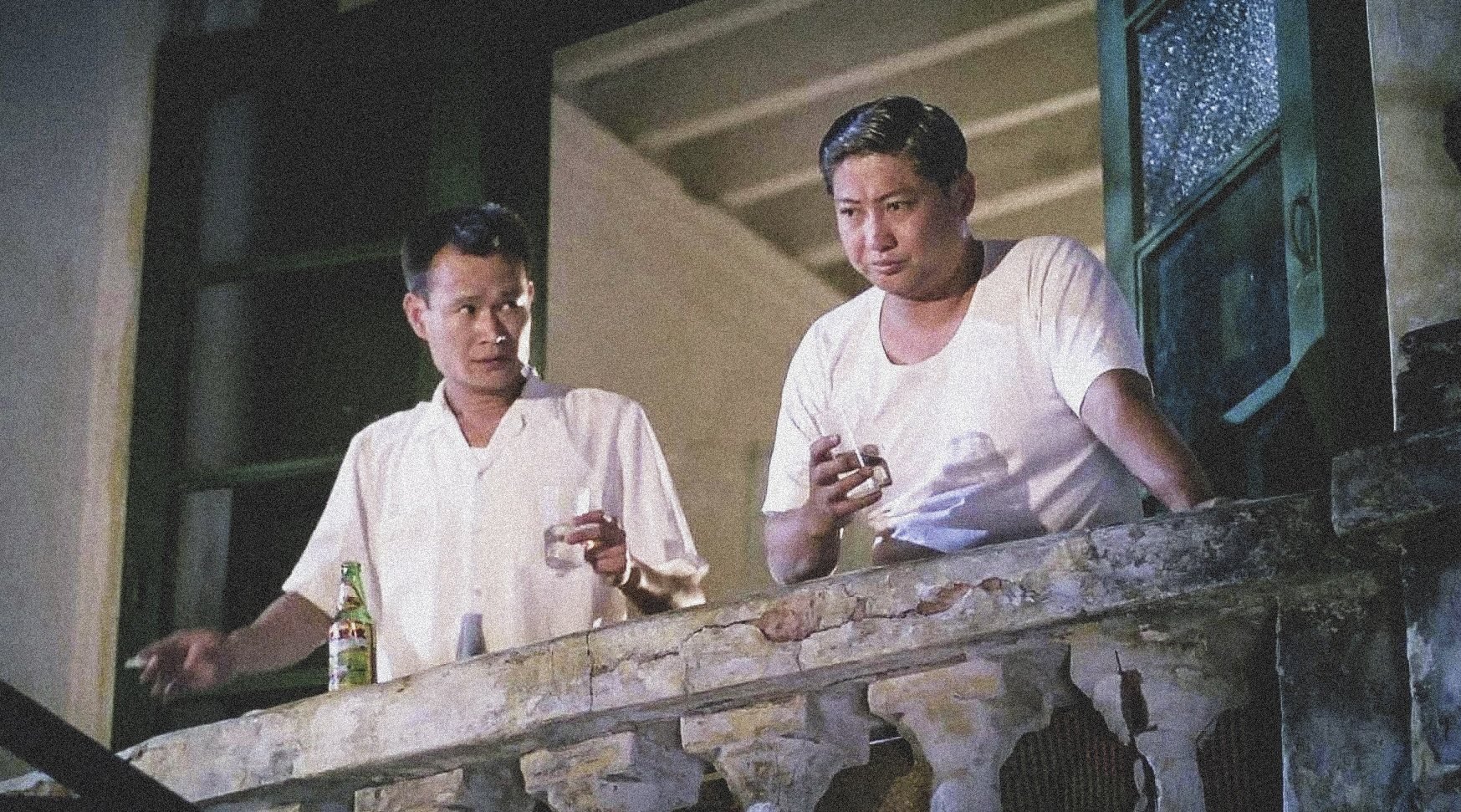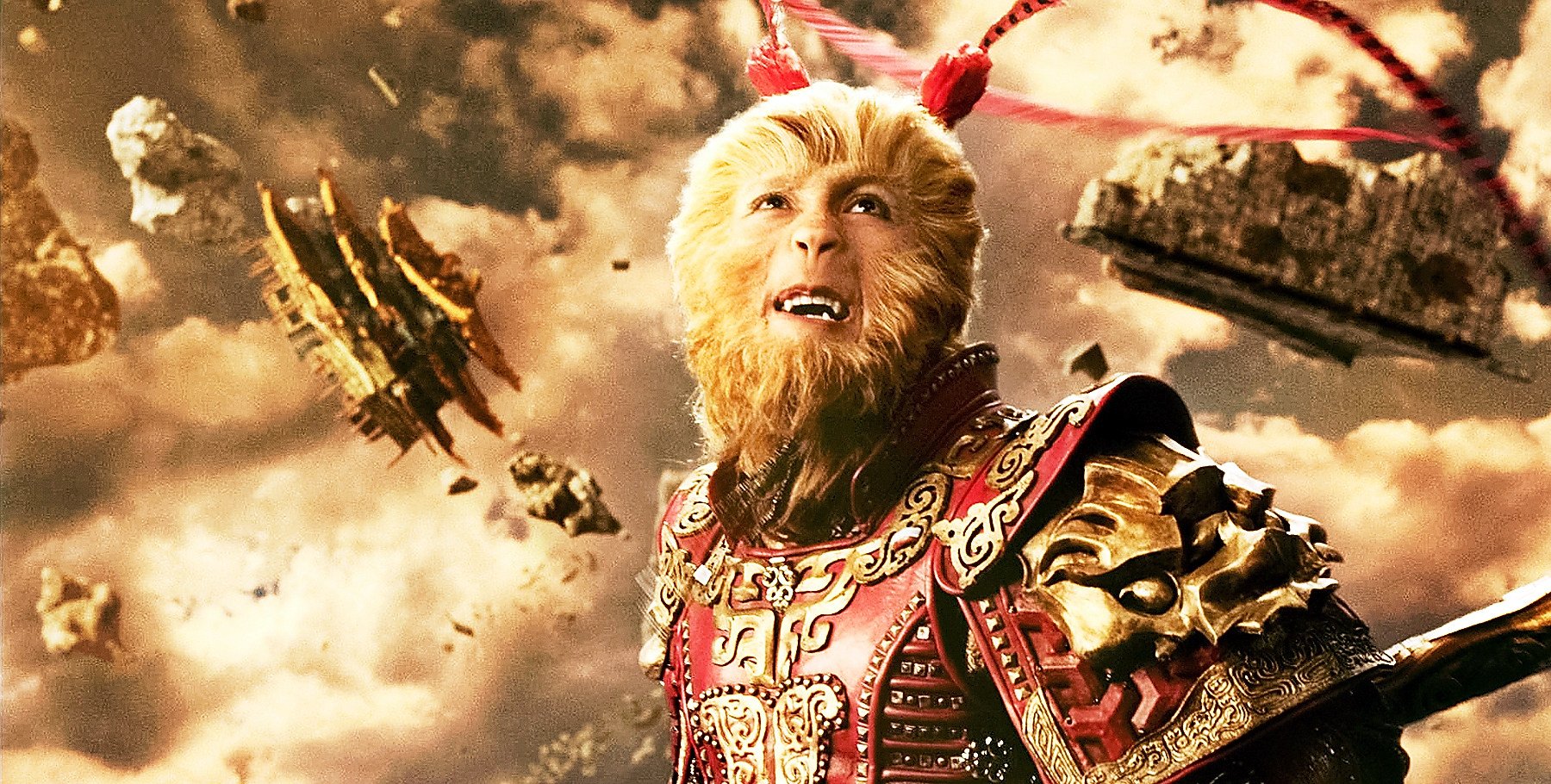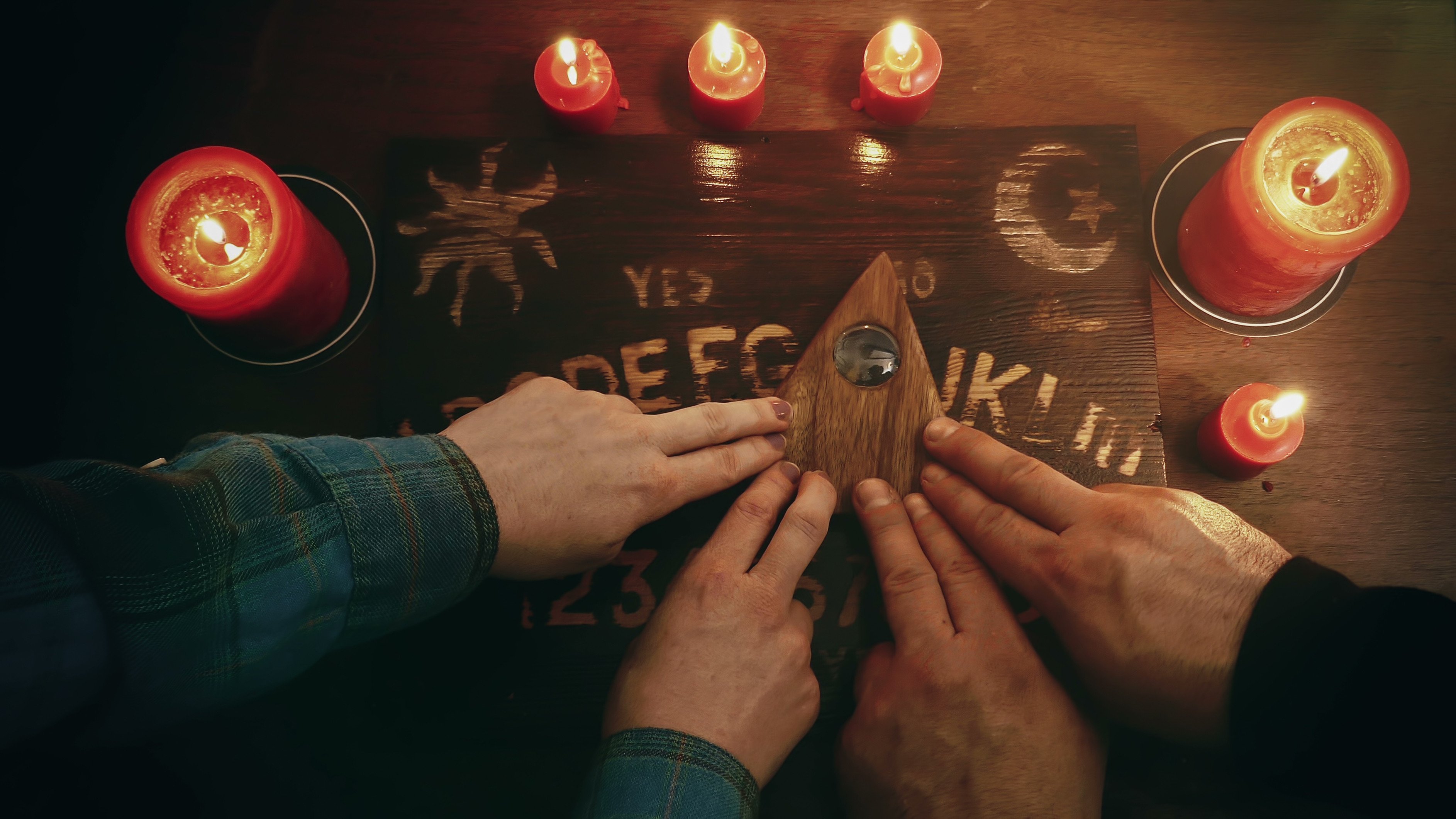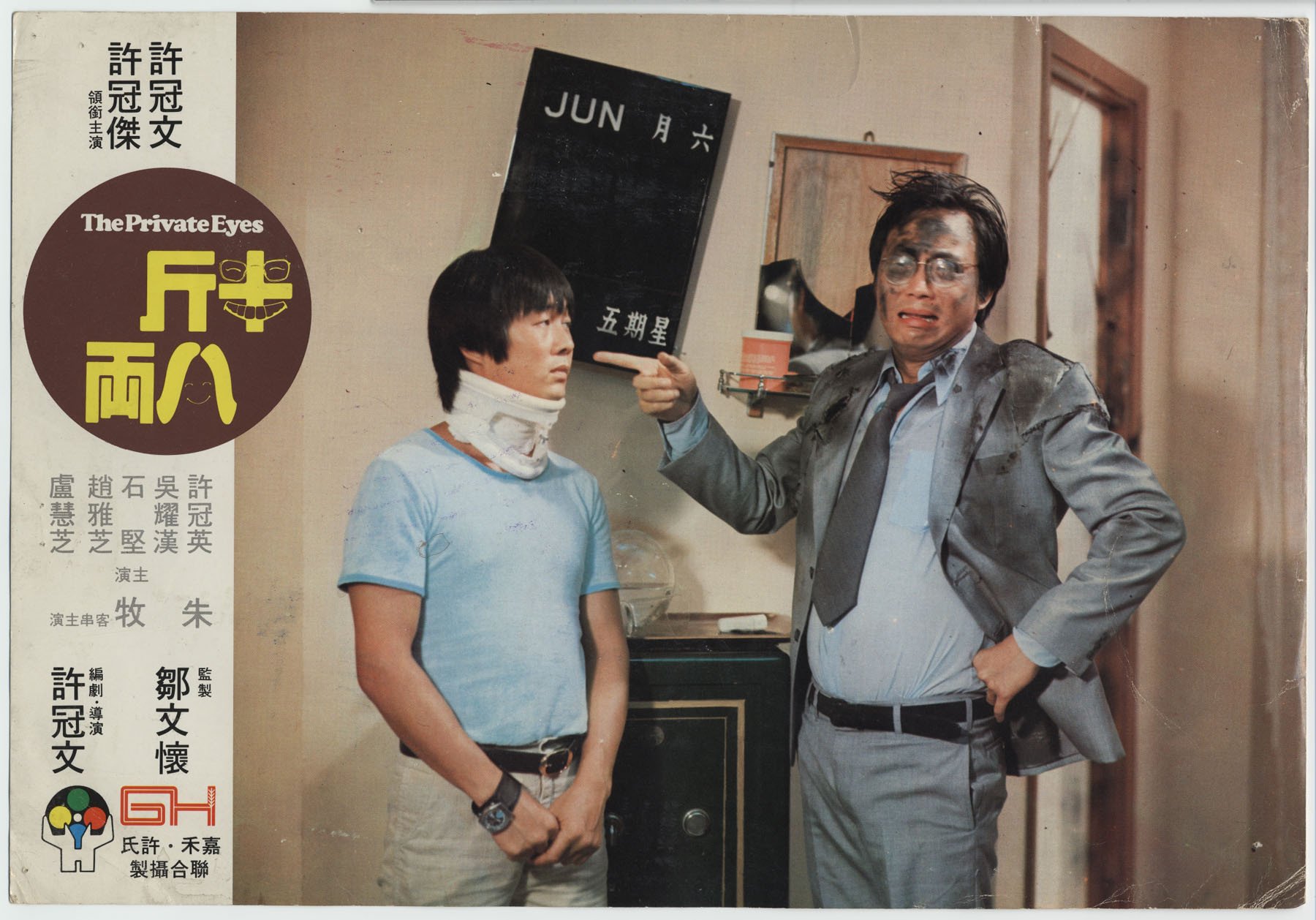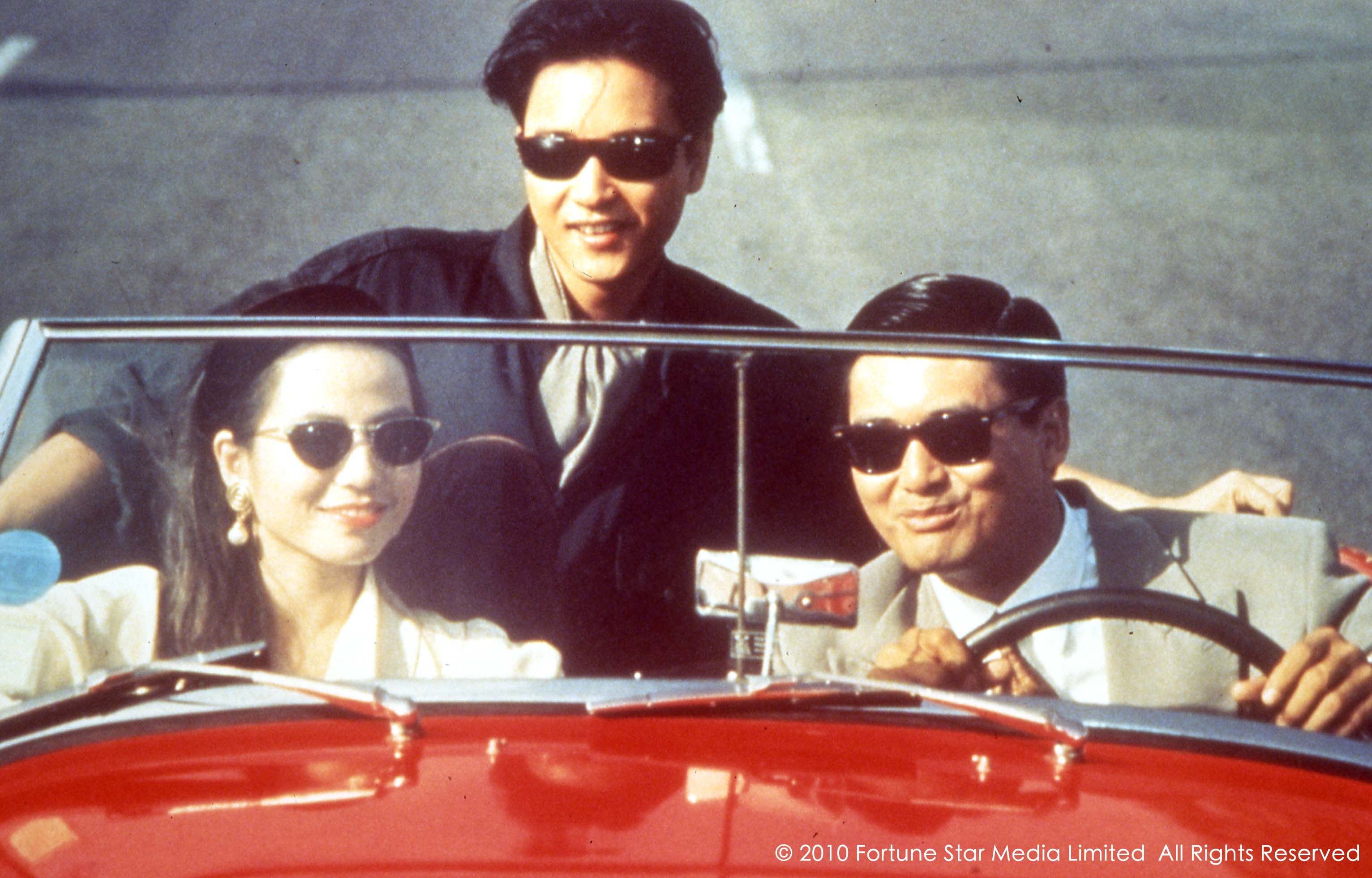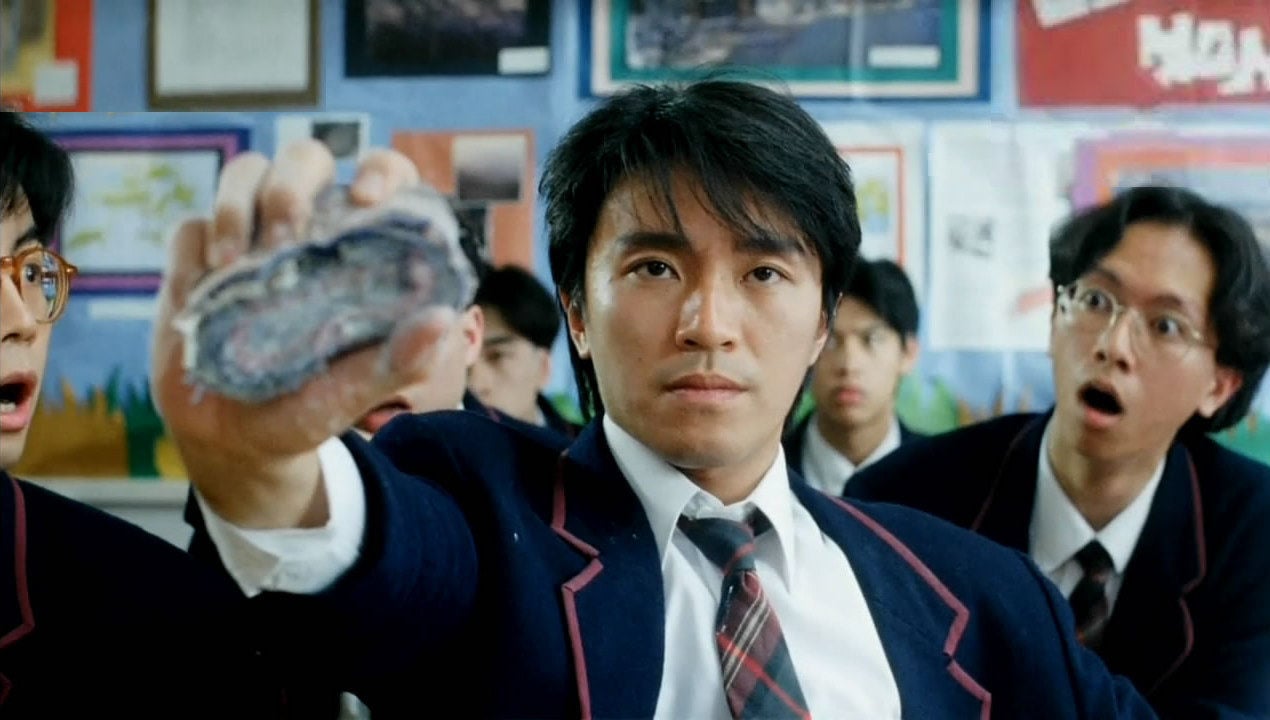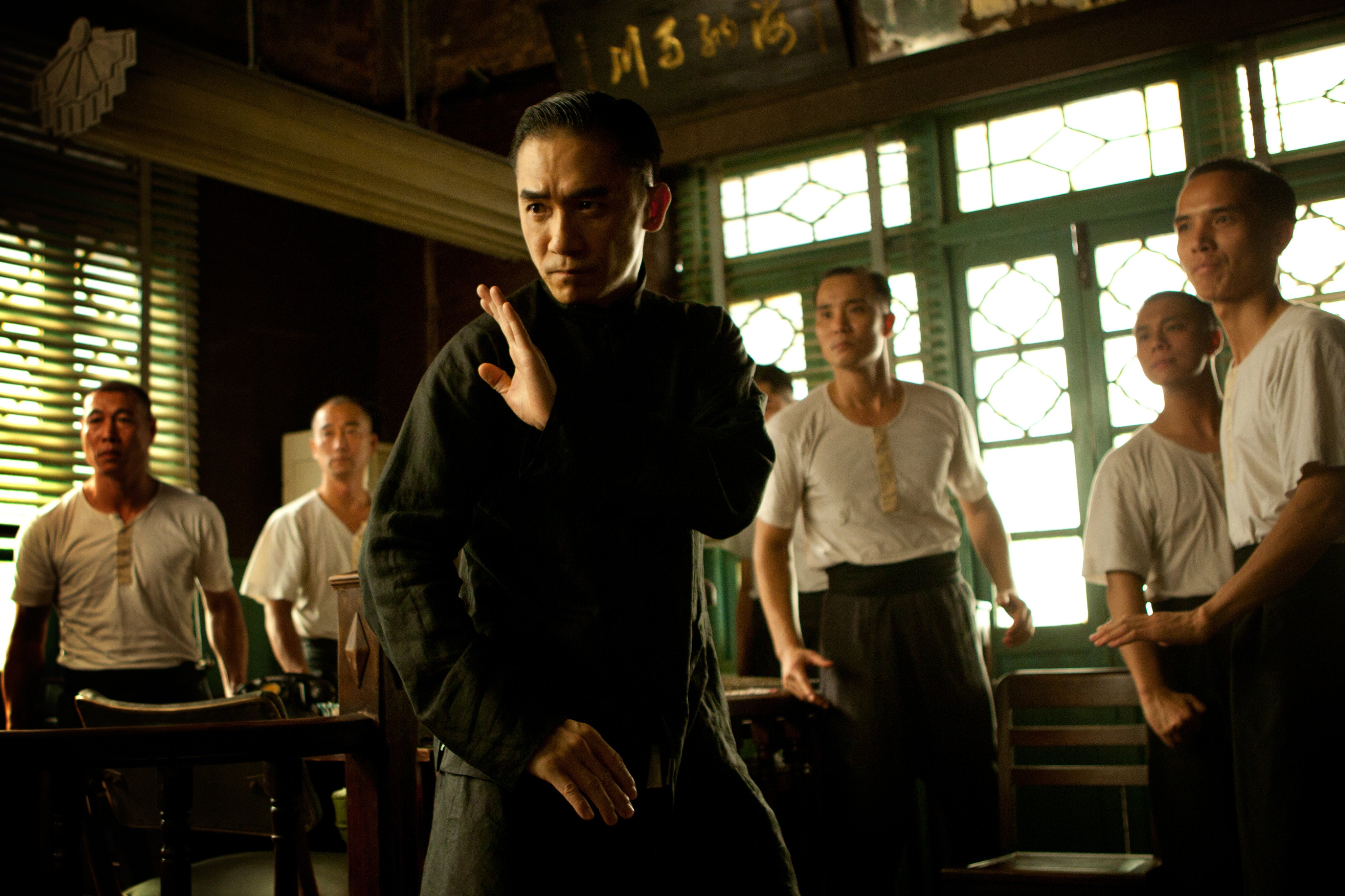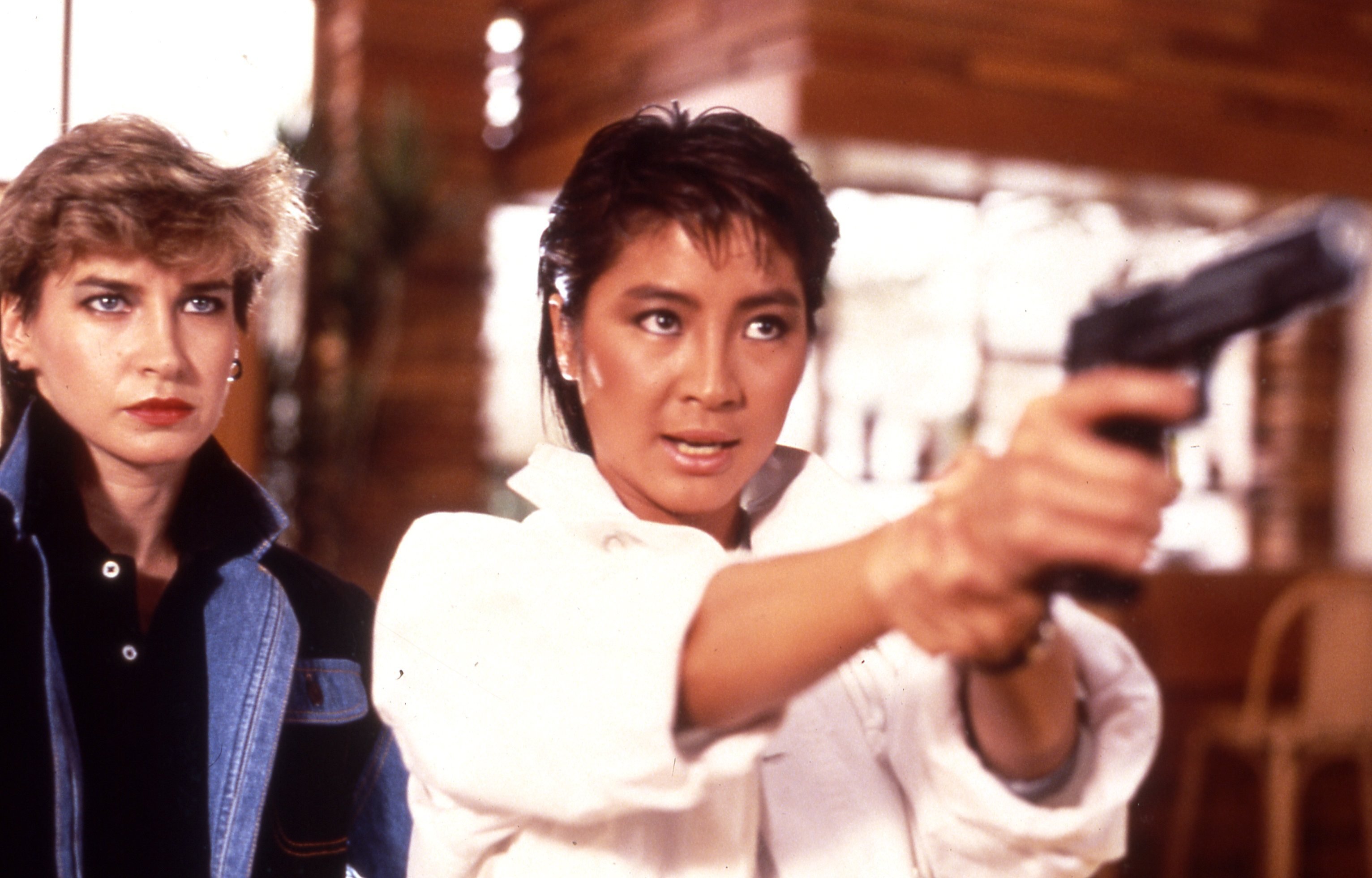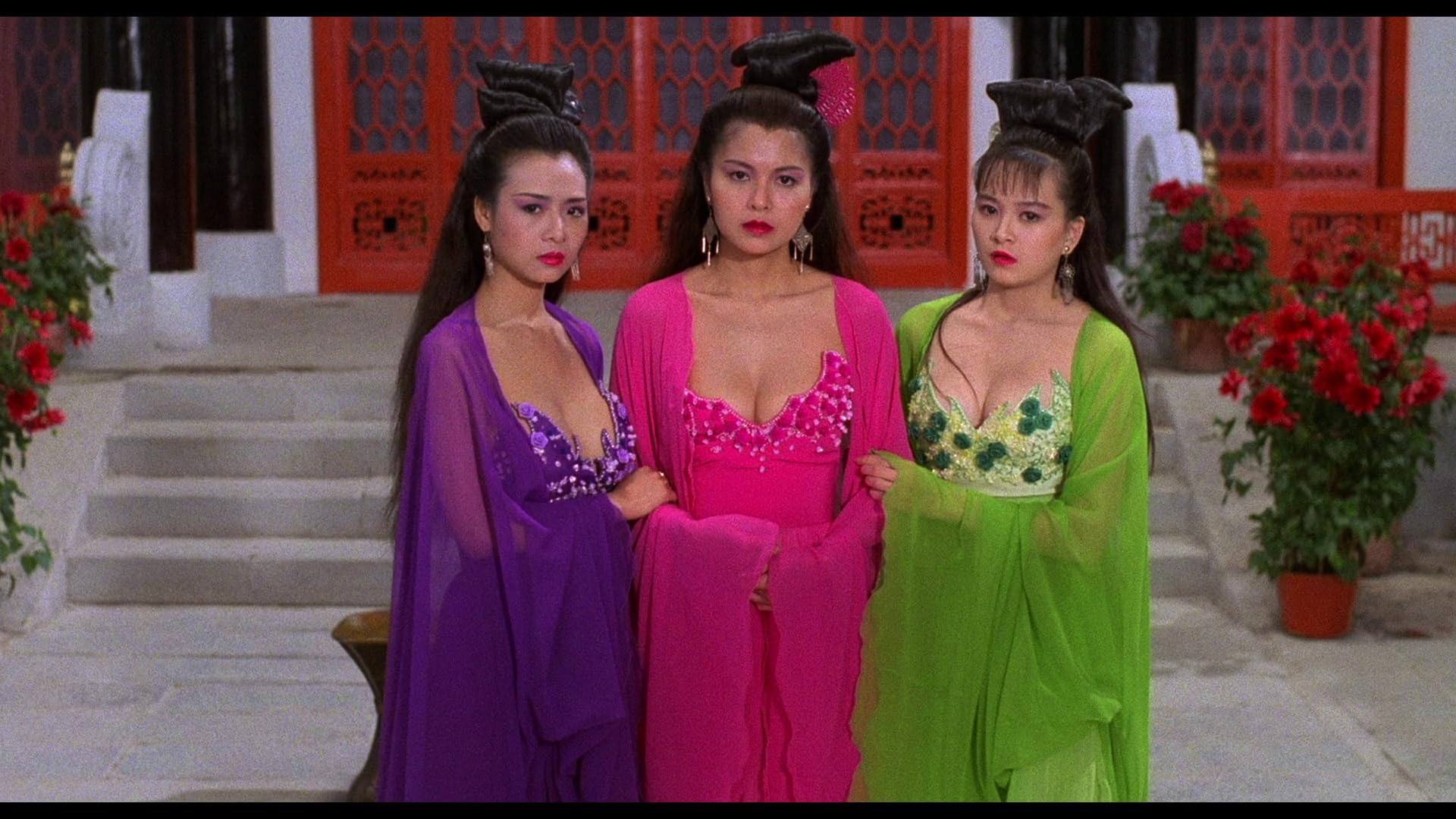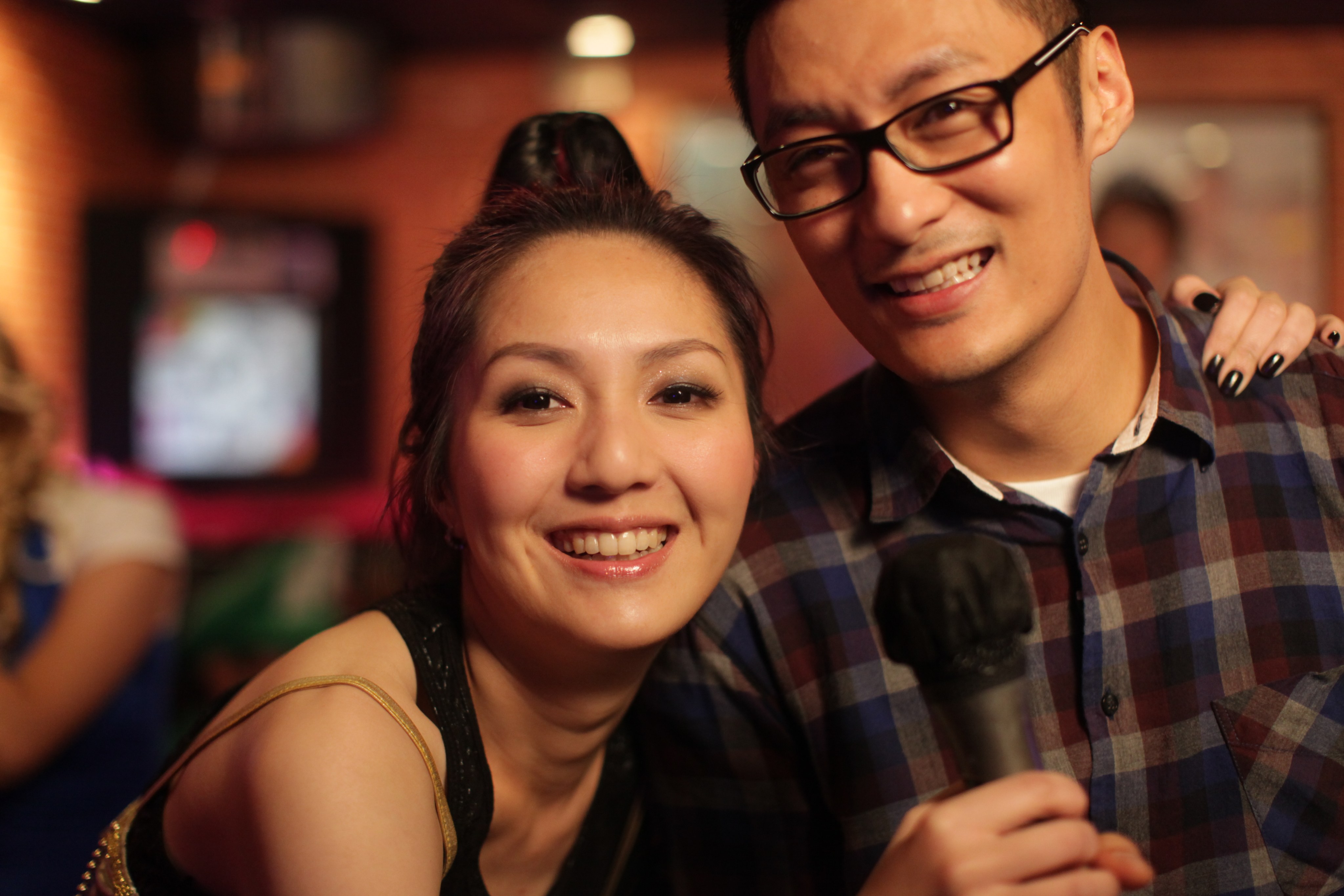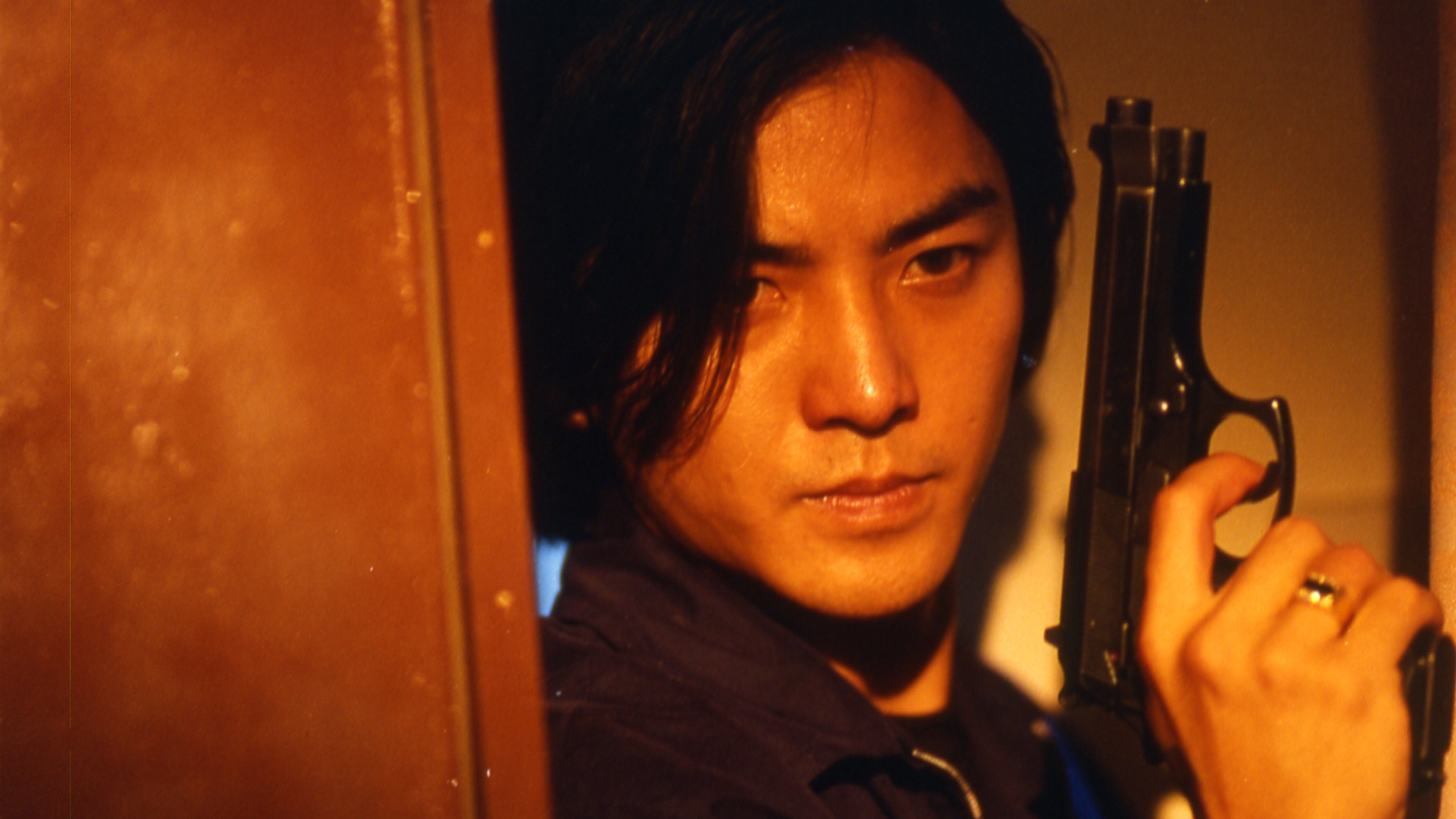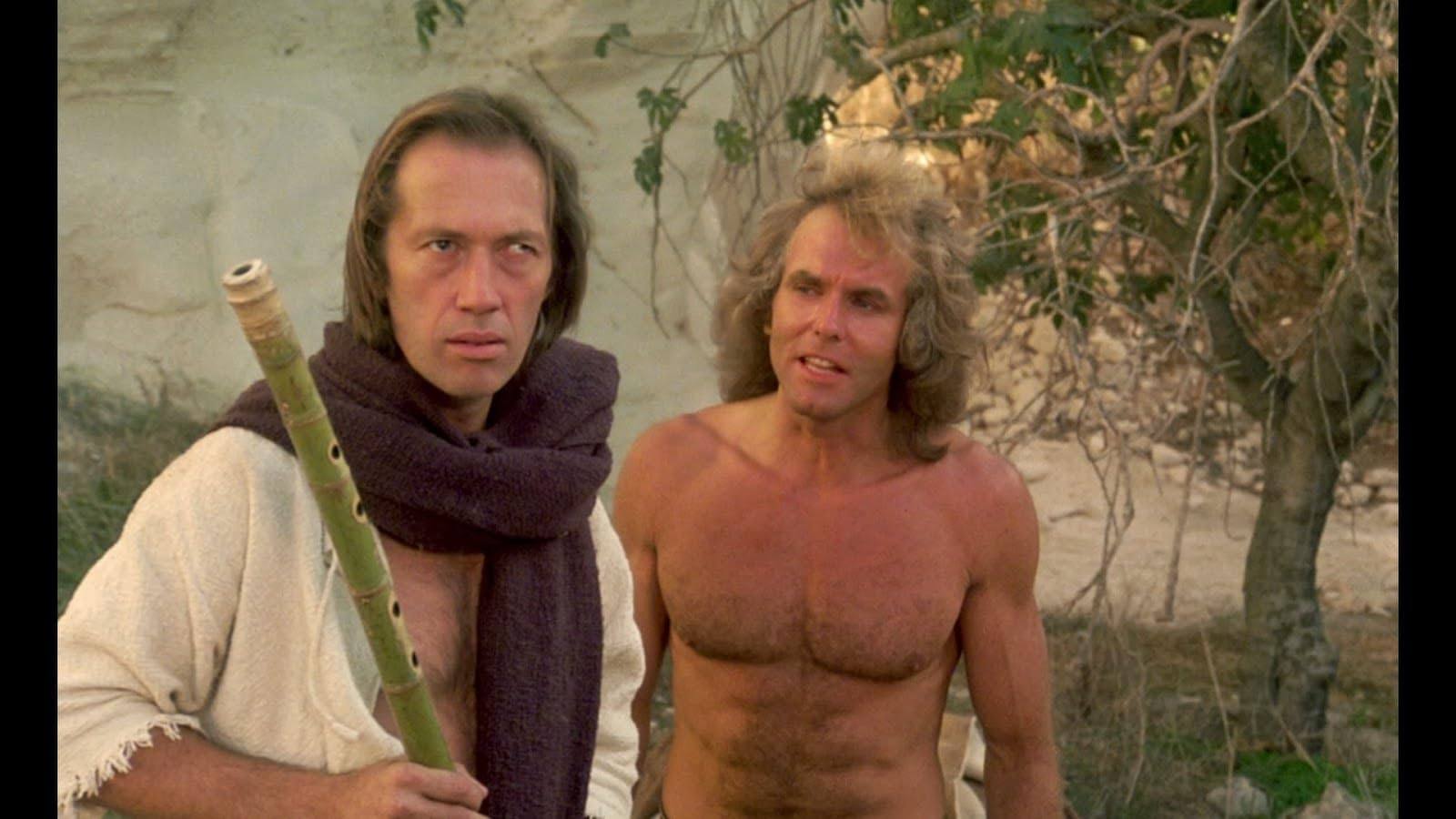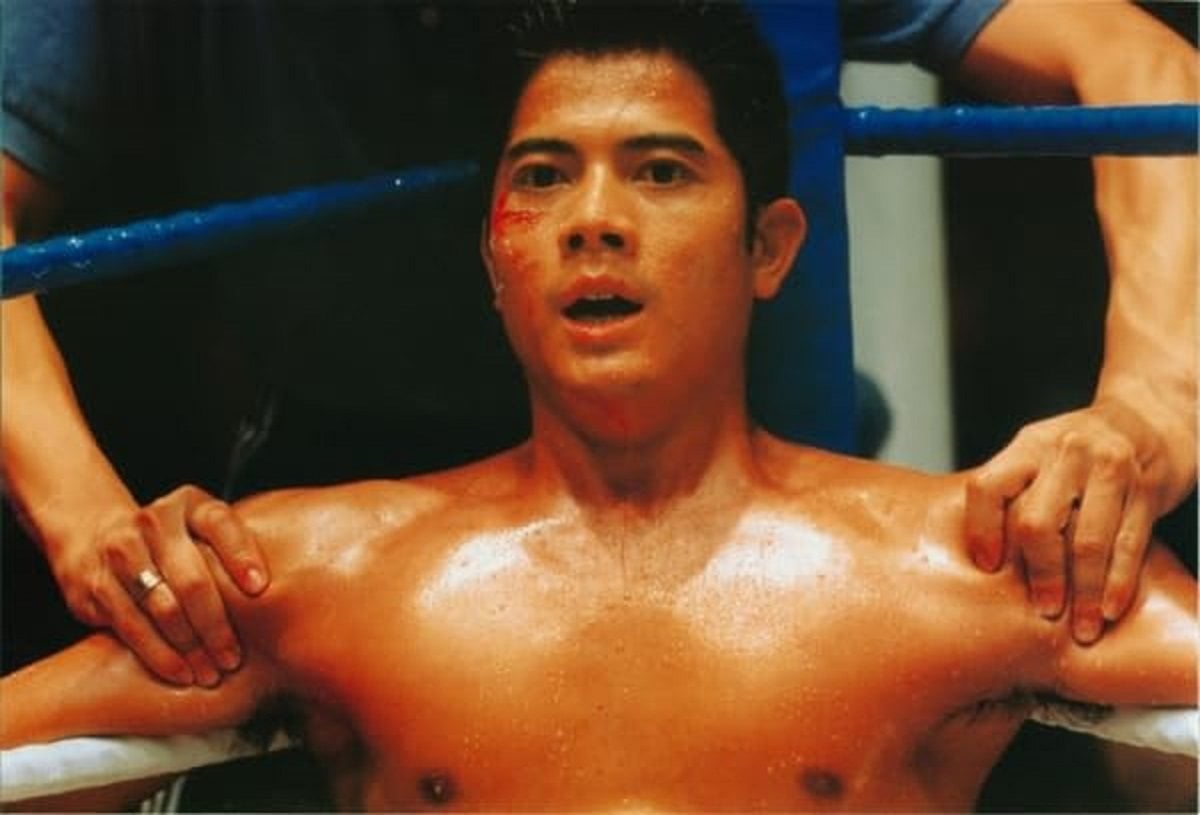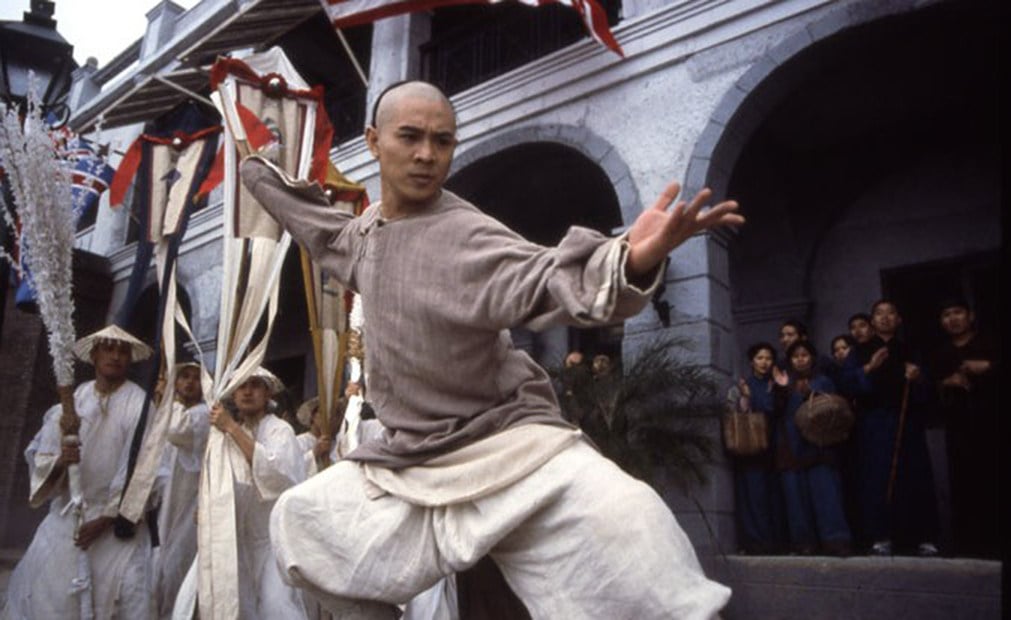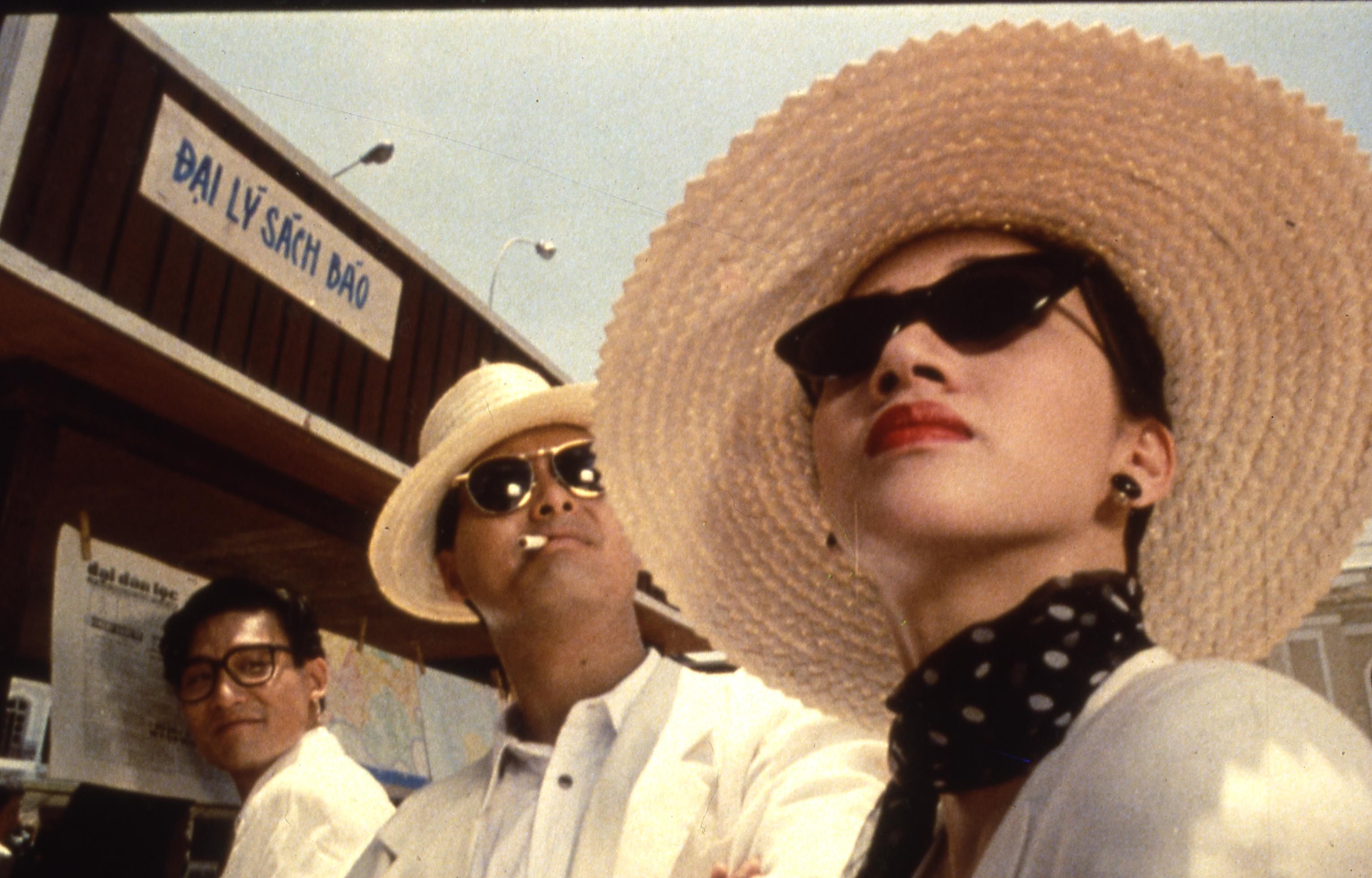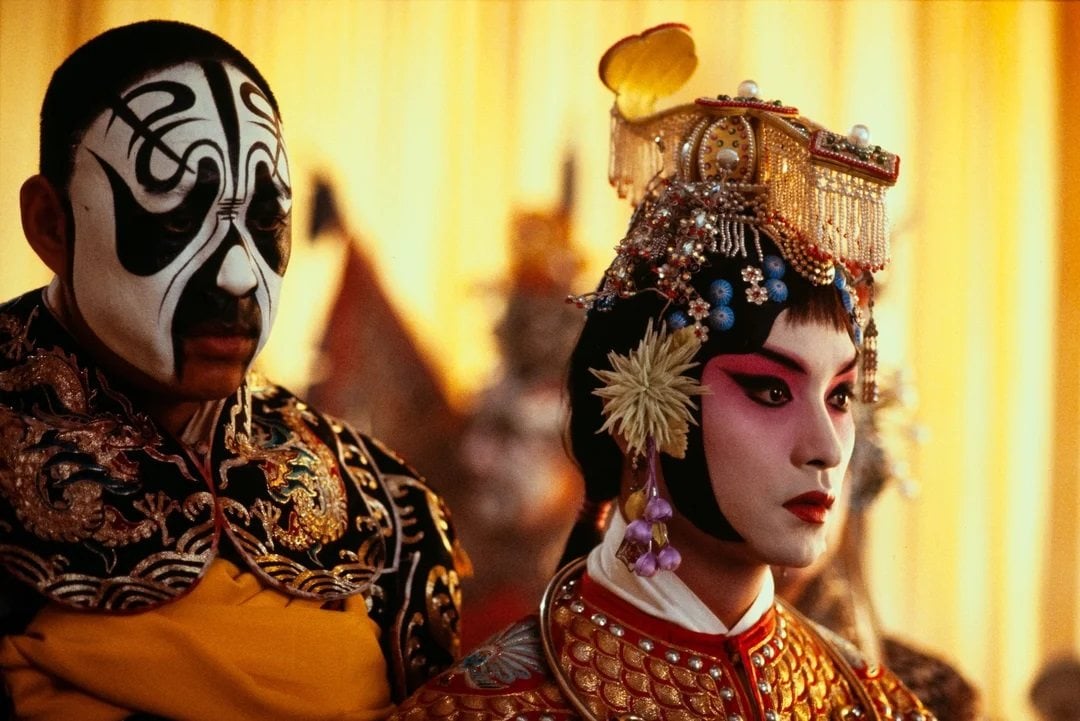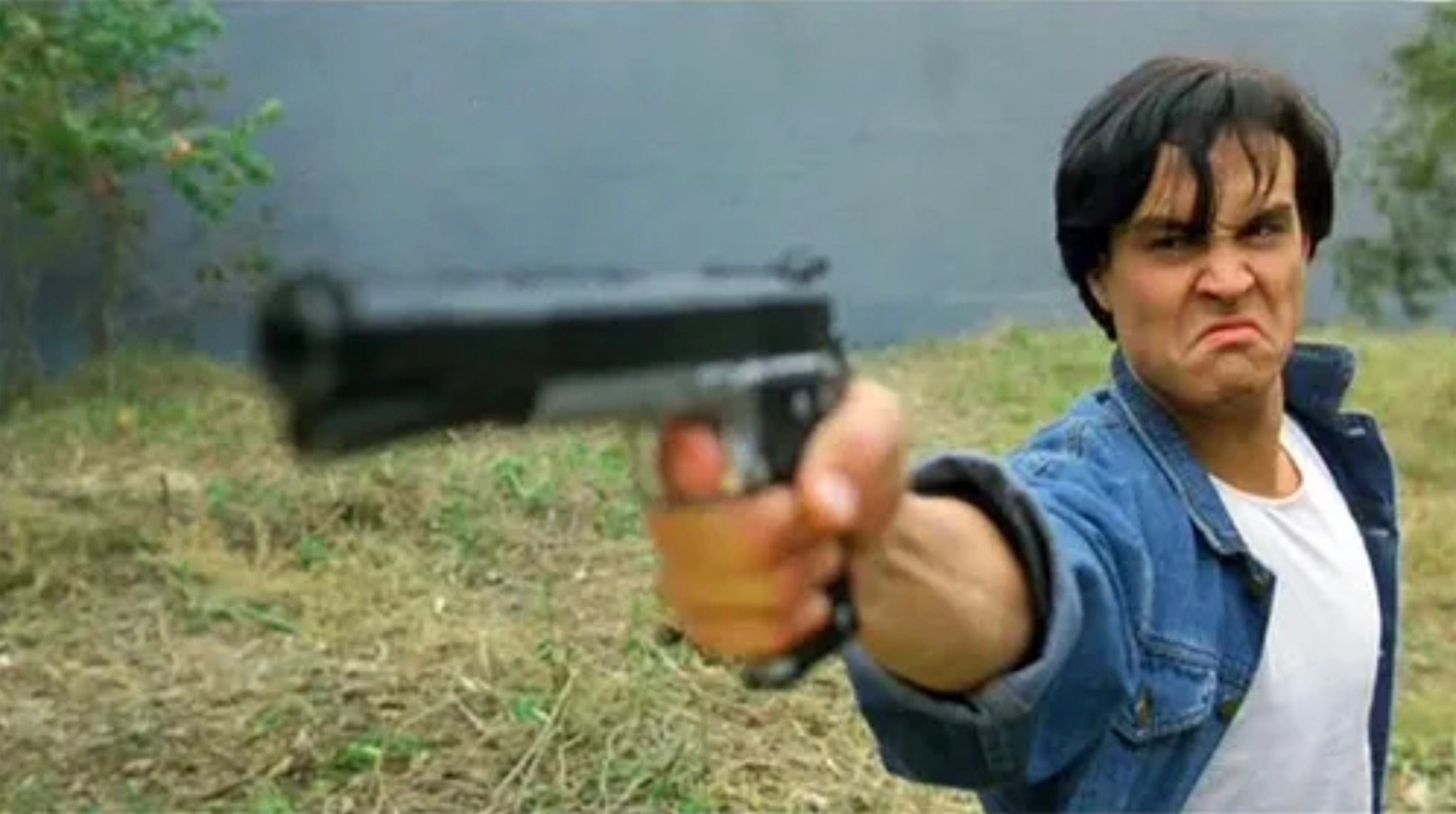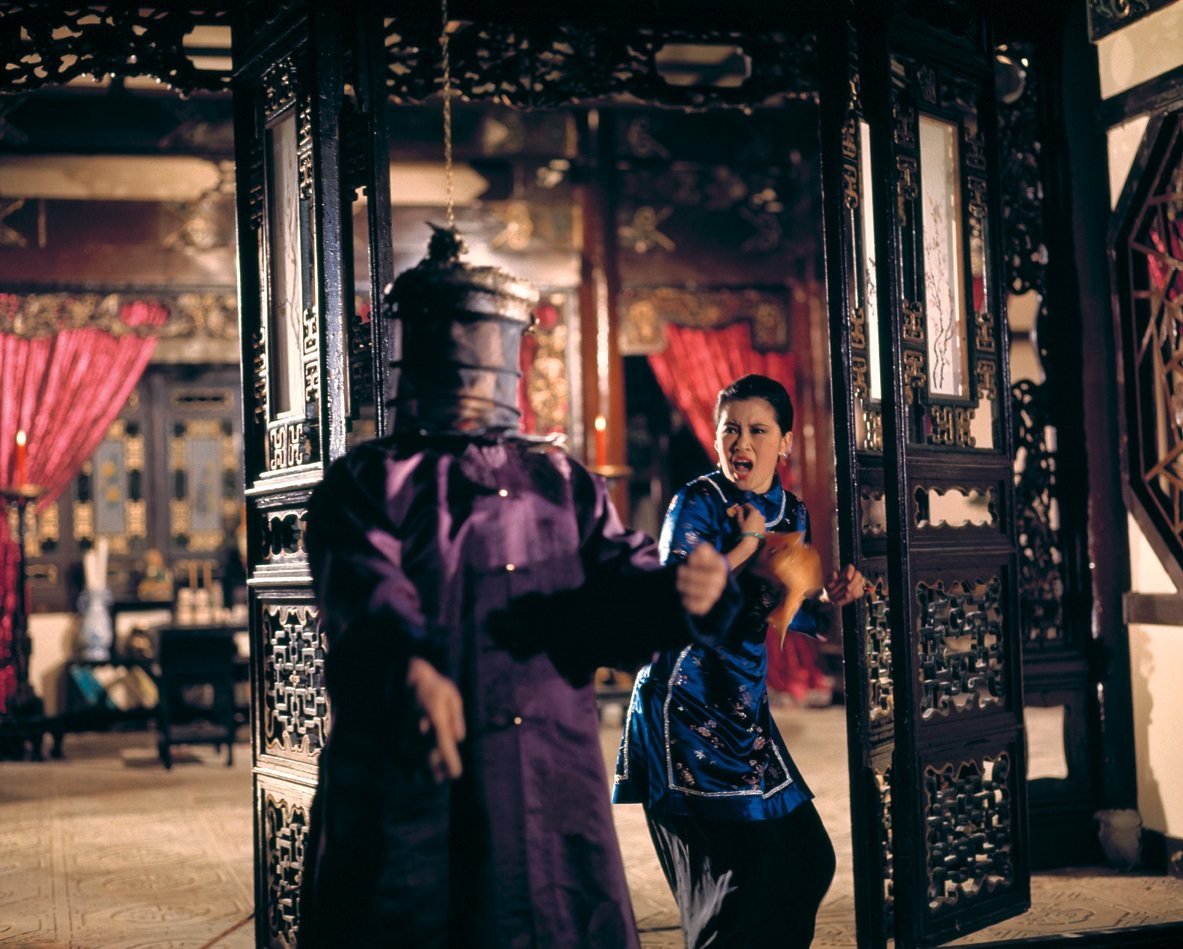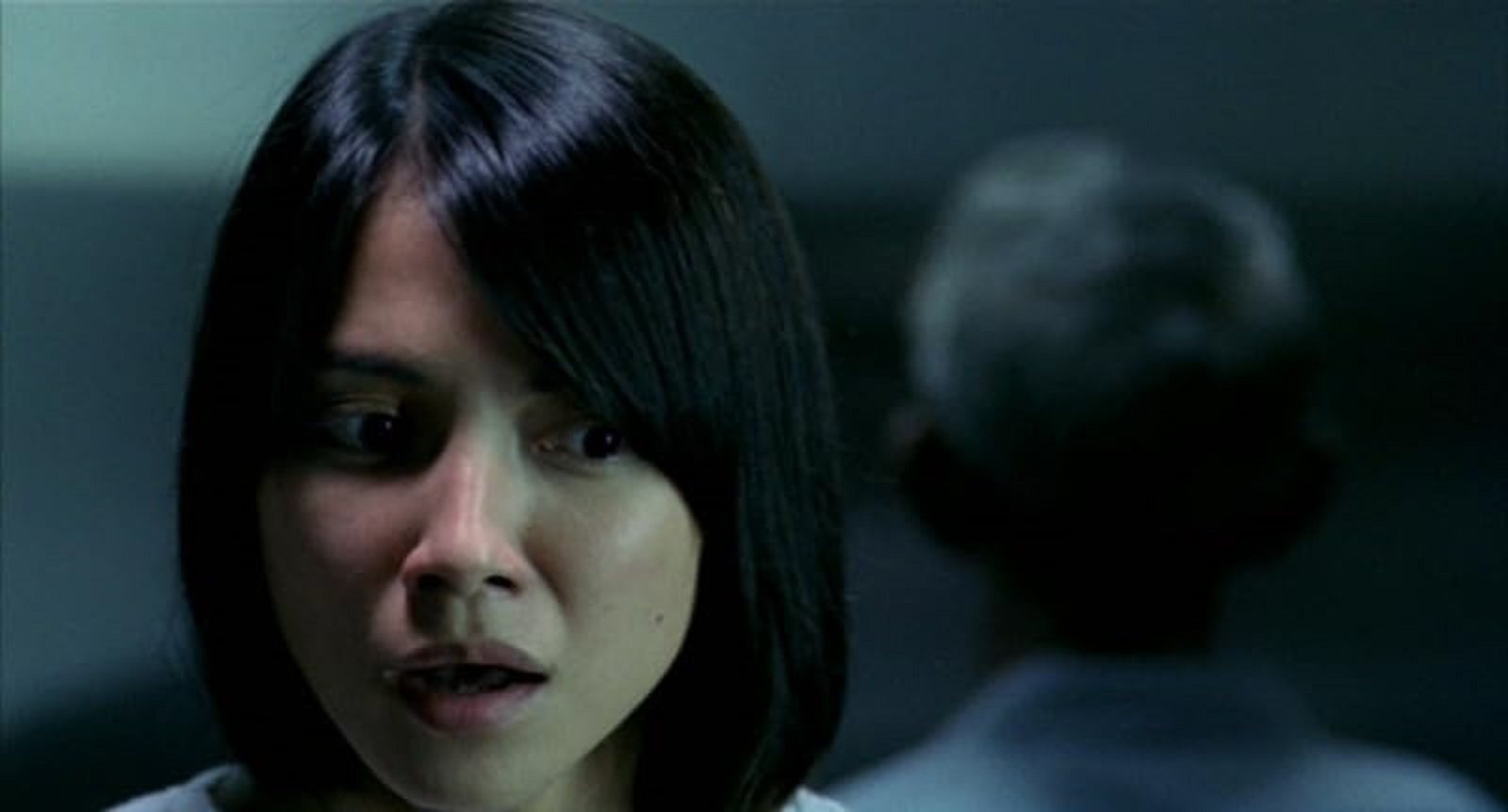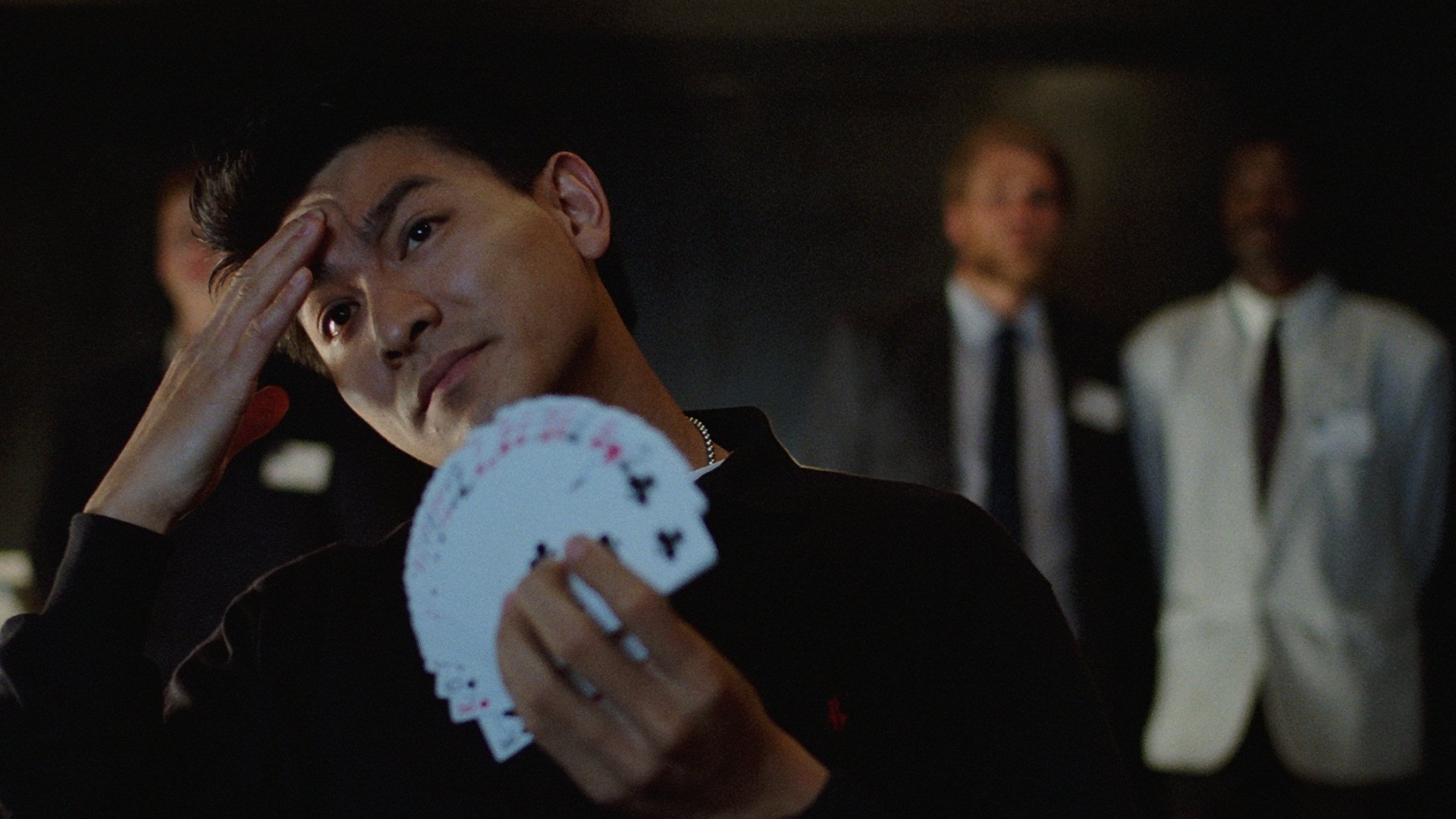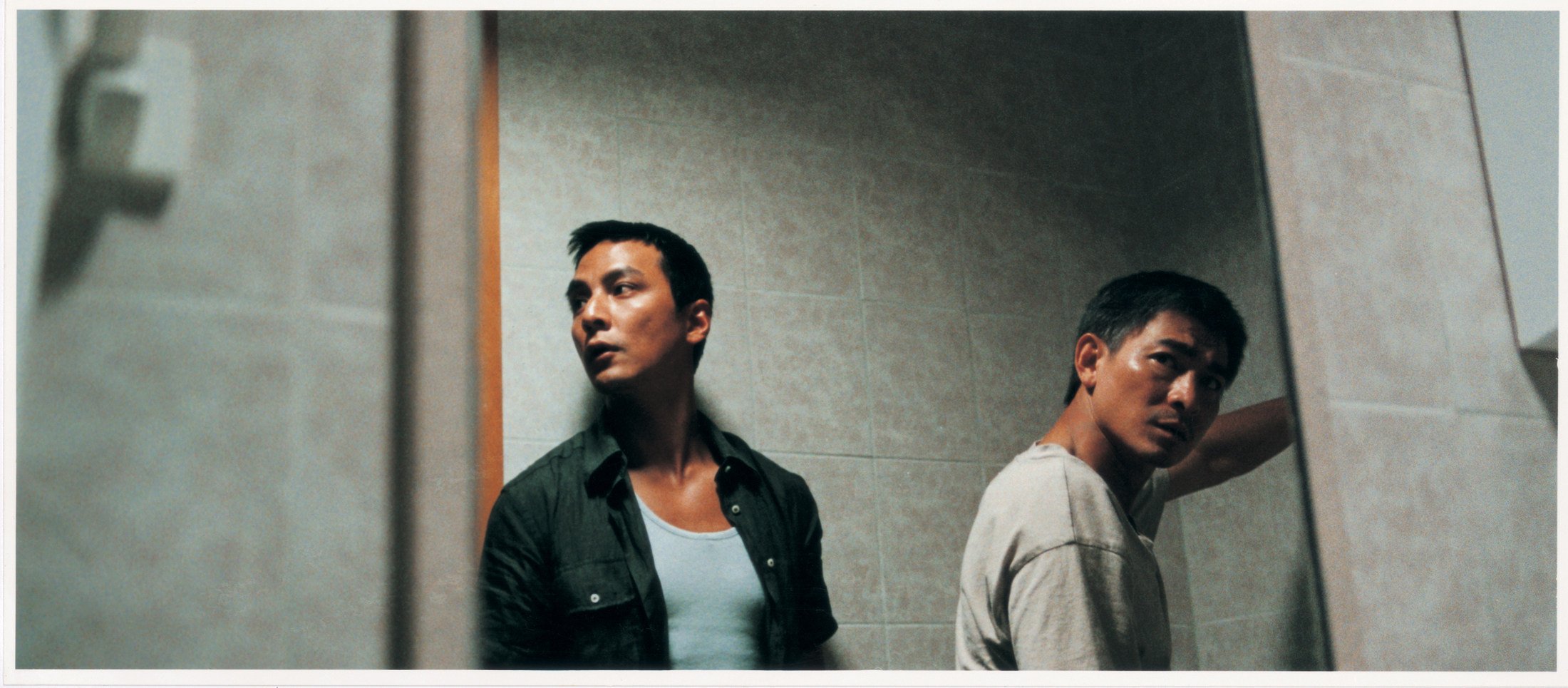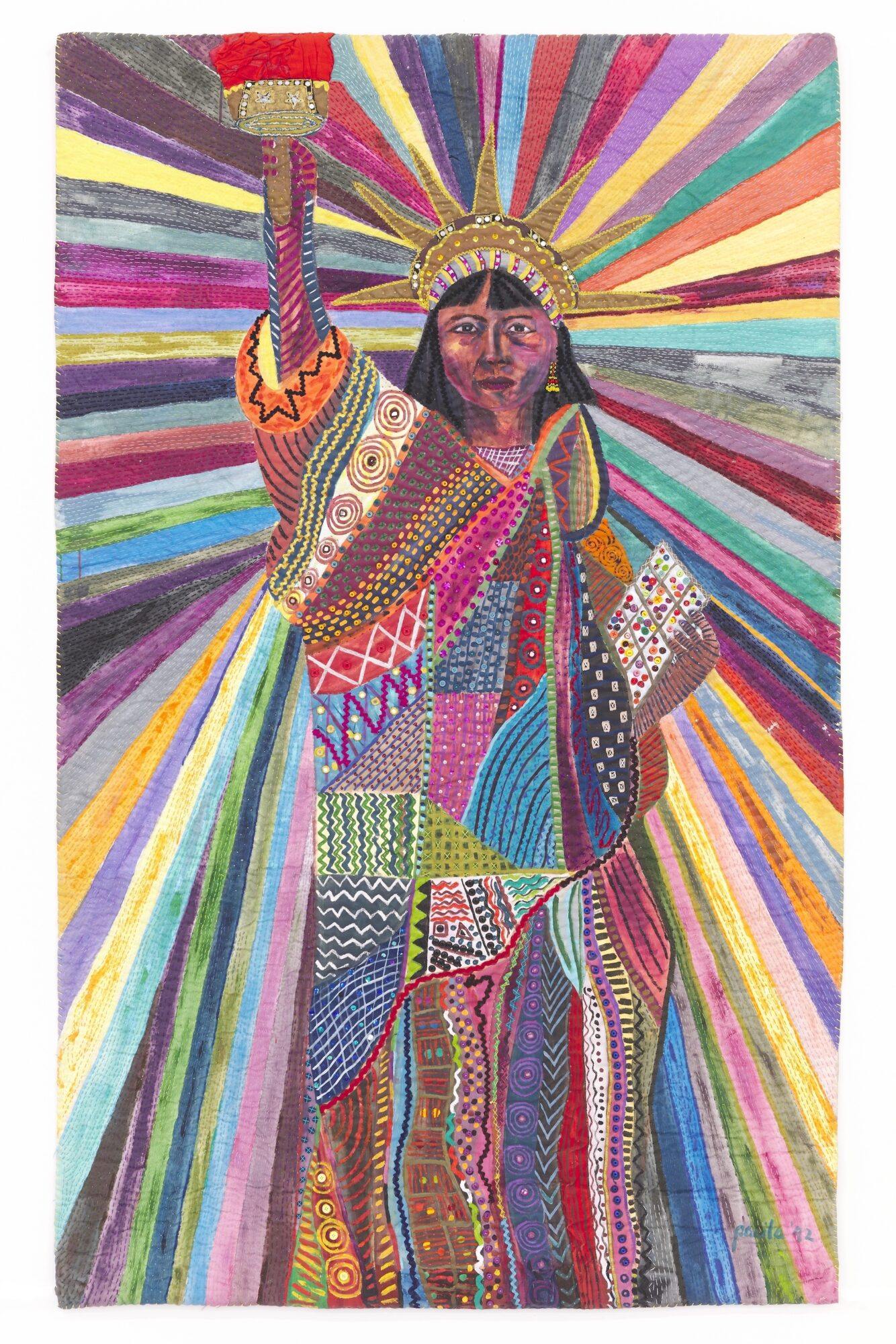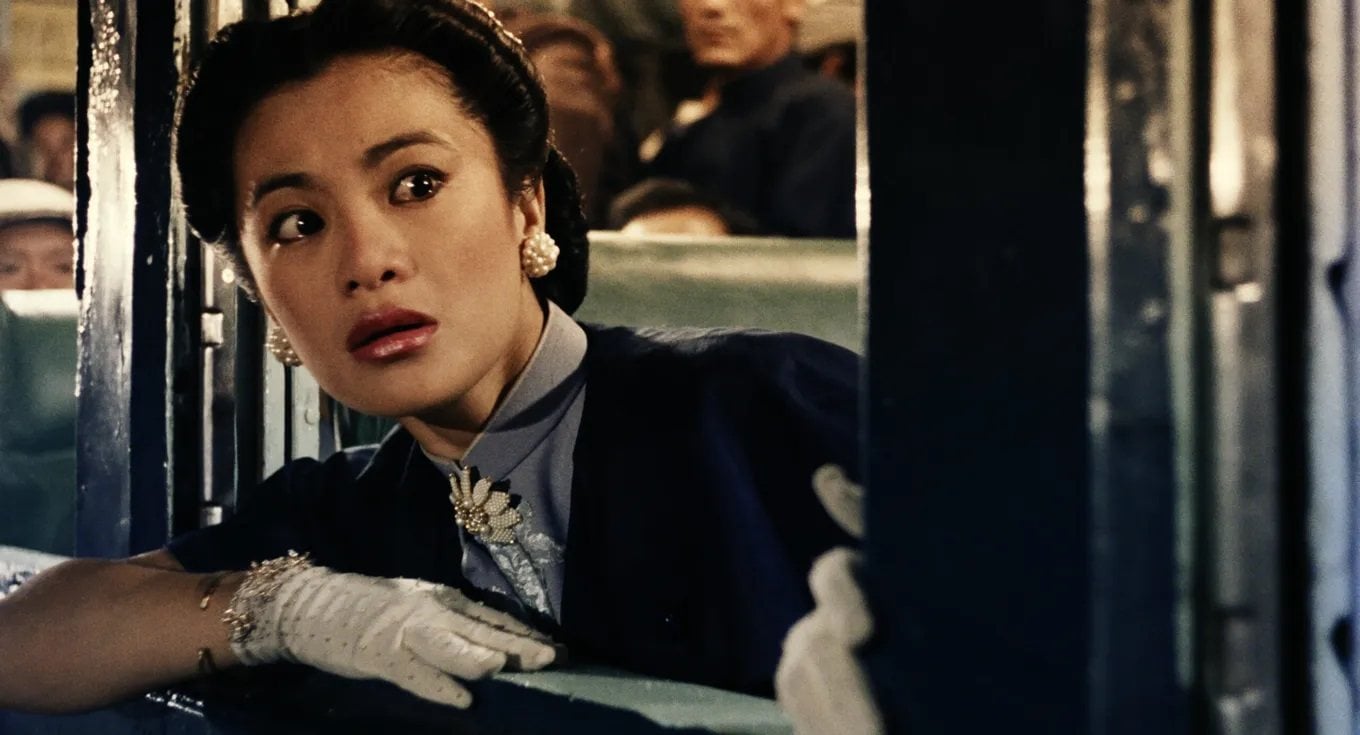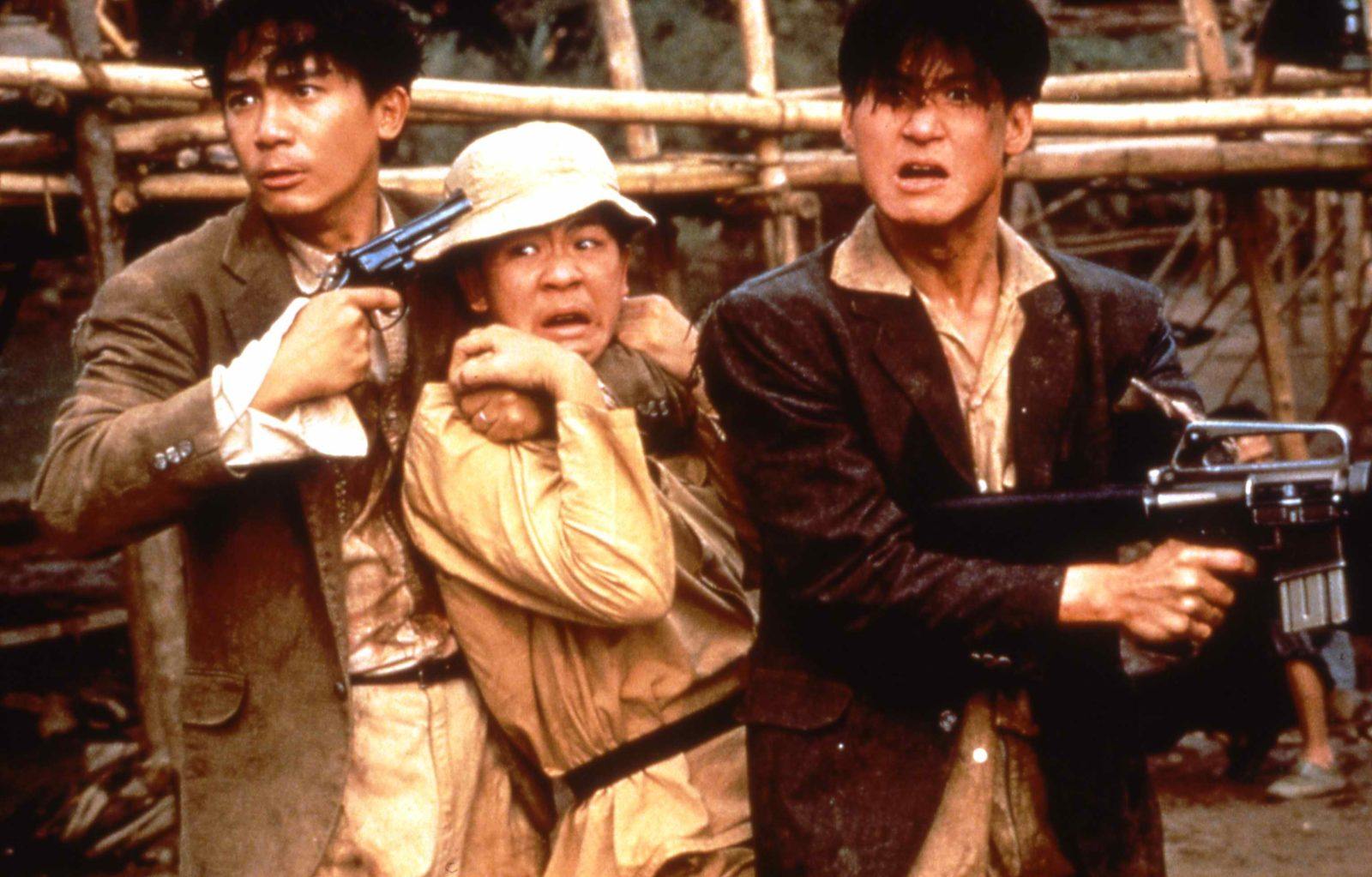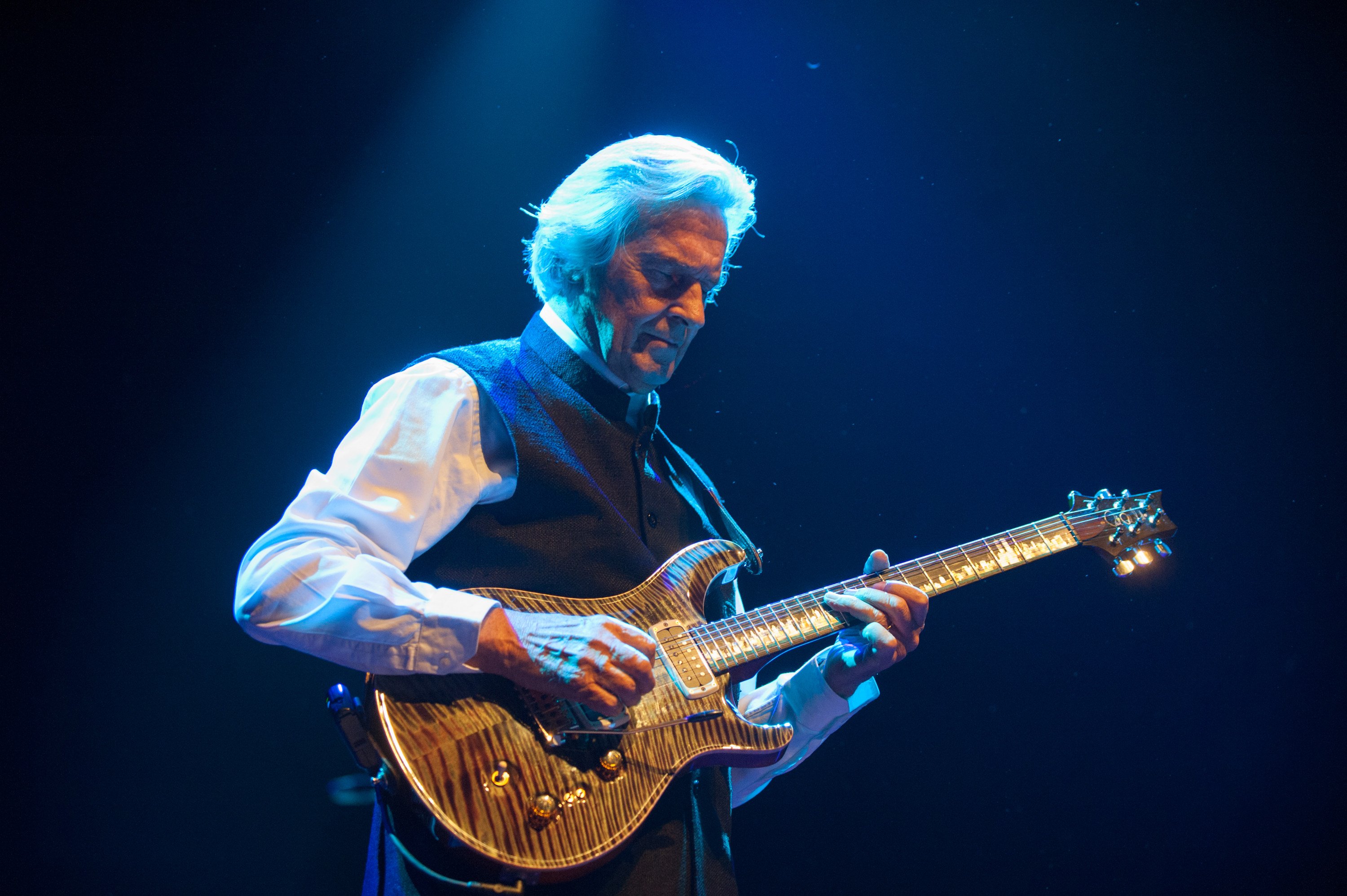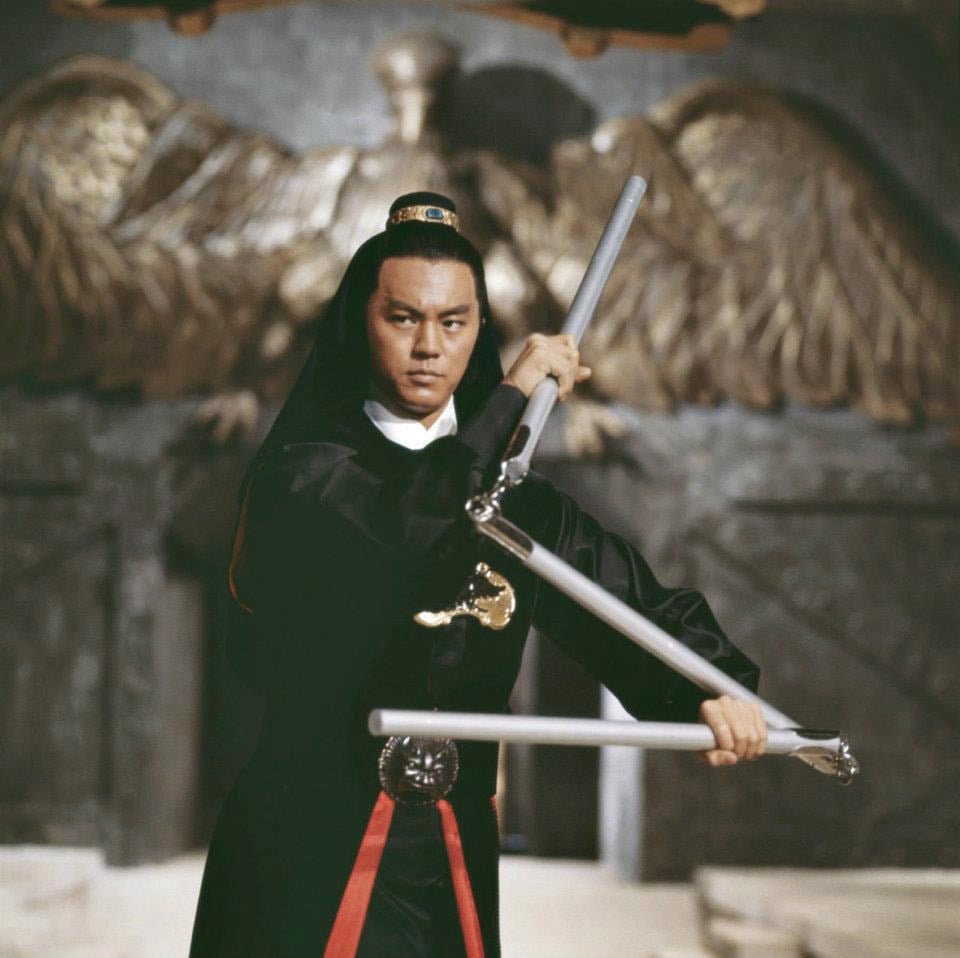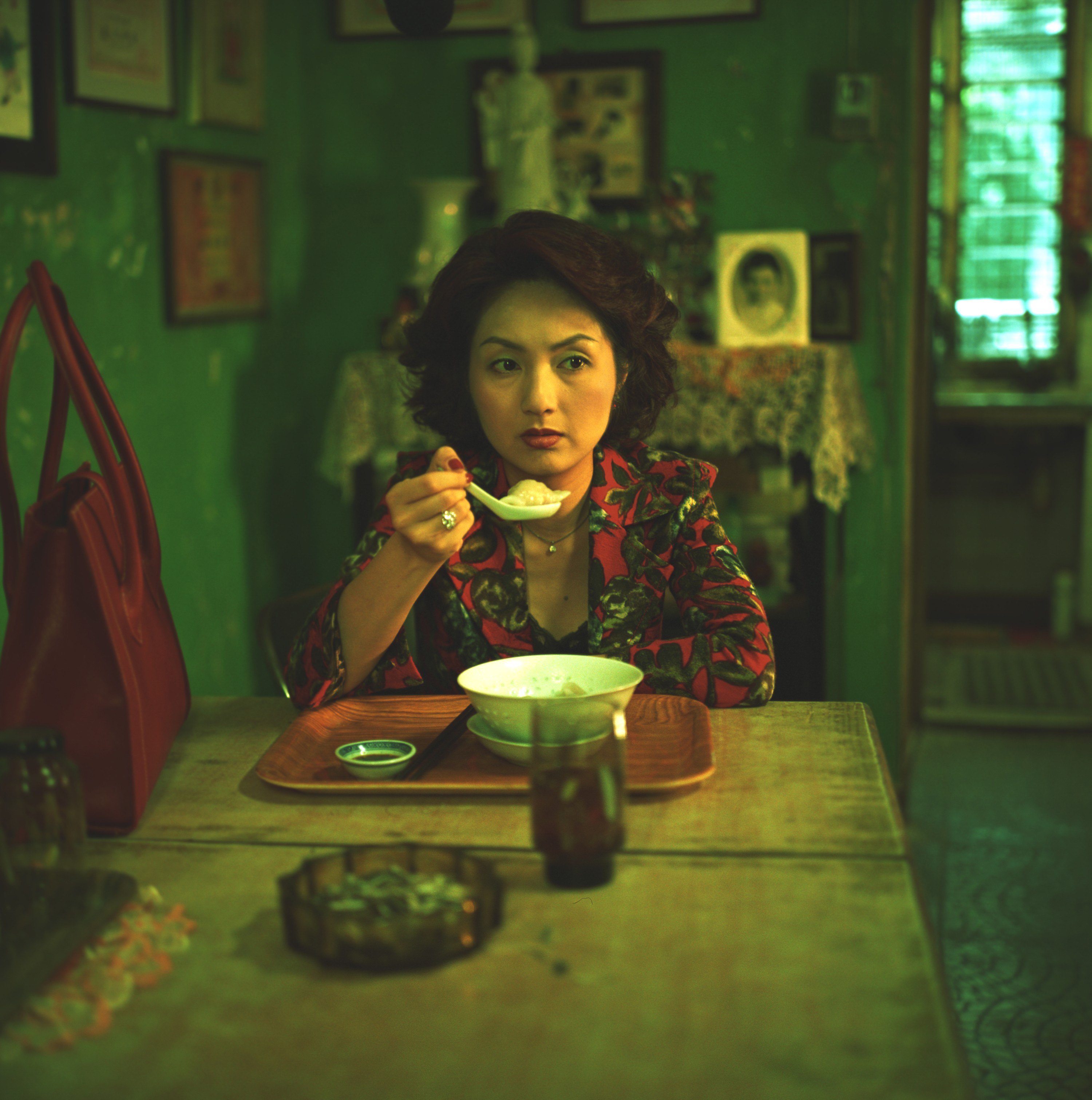Advertisement
Advertisement
Richard James Havis
A library of Hong Kong films, including the likes of A Chinese Ghost Story and Hard Boiled, has been bought – good news for fans overseas.
Tsui Hark’s 1990 Hong Kong film Swordsman was a long and rambling affair that was difficult to follow, yet it was a resounding success.
1988 Hong Kong film follows Yu Jim-yuen, the master of the Peking opera school in Kowloon whose pupils included Jackie Chan and Sammo Hung.
We recall Journey to the West film adaptations, from Stephen Chow’s turn in the title role to one in which Donnie Yen plays the Monkey King.
Advertisement
A professor uses ‘anomalistic psychology’ to try to understand belief in phenomena that lack scientific support, such as psychics or ghosts.
Hong Kong filmmaking underwent successive evolutions thanks to films like Fist of Fury, Infernal Affairs and John Woo’s A Better Tomorrow.
A triad movie with a young Stephen Chow, a crude war film and a crime caper starring Leslie Cheung. These 3 Woo projects fly under the radar.
A psychologist who helped develop an award-winning meditation app explains how the practice can lower stress, boost concentration and more.
Known for lowbrow comedies and playing the underdog, Chow was successfully recast as a suave hero, playing a cop undercover as a schoolboy.
The Ip Man story has been explored in multiple films, from Wong Kar-wai’s The Grandmaster starring Tony Leung to one featuring Anthony Wong.
D&B films, started by watch retailer Dickson Poon, launched Michelle Yeoh’s action-movie career and was known for its ‘middle class values’.
The trio of 1990s adult movies with Hong Kong sex symbols like Amy Yip and Japanese adult-video actresses like Kudo Hitomi were a huge hit.
From July Rhapsody with Jacky Cheung to Love in a Puff with Miriam Yeung and Andy Lau in Love on a Diet, these movies offered something new.
We look at four remakes of classic Hong Kong films, from a Jackie Chan-led Police Story from the 2000s to a riff on Bruce Lee’s Fist of Fury.
Based on a script Lee abandoned, the 1978 film ended up a bizarre mix of poor martial arts and mysticism. An expert dissects what went wrong.
Aaron Kwok’s early films garnered mixed reviews, from a terrible outing in Legend of the Liquid Sword to a great one in After This Our Exile.
Tsui Hark’s film series that originally starred Jet Li as martial arts legend Wong Fei-hung spawned several knock-offs, such as Kickboxer.
Anita Mui’s remarkable versatility made her characters captivating to watch in films that co-starred names like Jackie Chan and Chow Yun-fat.
Cheung’s turns opposite Gong Li as a gay opera singer and a gigolo in 20th century China were two of his best, but both fell foul of censors.
The Crow was Lee’s best movie but he was great in dubbed crime film, despite refusing to do kung fu for fear of comparisons with his dad.
An assassins’ weapon that removed heads, the fictional ‘flying guillotine’ was featured in a number of Hong Kong wuxia films.
Oxide and Danny Pang’s supernatural thriller The Eye established their reputation as horror directors; two equally good sequels followed.
Wong Jing set Hong Kong’s gambling movie genre in motion in 1989. We recall three of the best, including a parody that saw the most success.
Derek Yee Tung-sing’s crime films One Nite in Mongkok, Protégé and Triple Tap were gritty and realistic, and refused to glamorise the underworld and crime. We unpack these three classics.
Pacita Abad’s political fabric art was dismissed as folksy in her lifetime, much of it spent in the US. Now, 20 years after her death, it is the subject of a major retrospective at New York’s MoMA PS1.
Lively, with slapstick humour and full of romcom tropes, Shanghai Blues remains one of Tsui Hark’s favourite films; 40 years after its release, it was screened at this year’s Cannes Film Festival.
John Woo’s Bullet in the Head, loved by critics and fans alike, is an anti-war film centred around male friendship, a frequent theme for the director, and a political commentary on Hong Kong of its era.
A team of neuroscientists who studied jazz guitarists find common factors in how they achieved a flow state and what their brains have done to help flow arise more easily.
With echoes of Clint Eastwood’s spaghetti Westerns, fight scenes featuring some cool weapons, and a great ending, The Avenging Eagle was part of Shaw Brothers’ ‘last hurrah’, film producer Frank Djeng says.
From a deeply upsetting movie about a necrophiliac to a ‘mentally scarring’ film about black magic, an expert on Hong Kong cinema picks his five favourite horror movies produced in the city.

